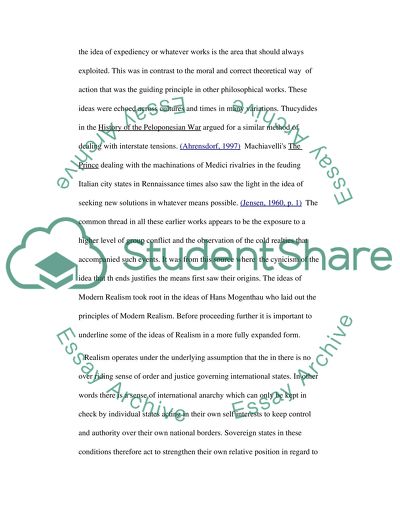Cite this document
(“Realism and Idealism in International Relations Essay”, n.d.)
Retrieved from https://studentshare.org/social-science/1529605-realism-and-idealism-in-international-relations
Retrieved from https://studentshare.org/social-science/1529605-realism-and-idealism-in-international-relations
(Realism and Idealism in International Relations Essay)
https://studentshare.org/social-science/1529605-realism-and-idealism-in-international-relations.
https://studentshare.org/social-science/1529605-realism-and-idealism-in-international-relations.
“Realism and Idealism in International Relations Essay”, n.d. https://studentshare.org/social-science/1529605-realism-and-idealism-in-international-relations.


